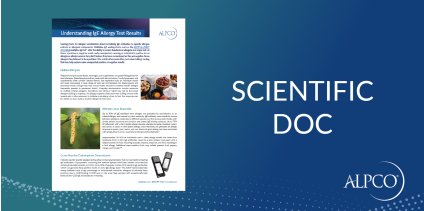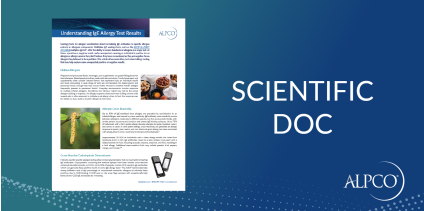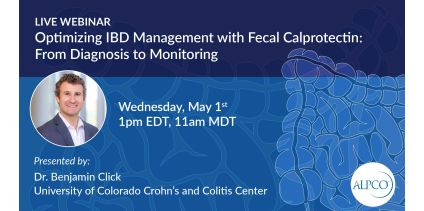Ultrasensitive Estradiol ELISA
The Ultrasensitive Estradiol ELISA is an enzyme immunoassay for the quantitative measurement of estradiol in serum or plasma (EDTA, heparin, or citrate plasma). For In Vitro Diagnostic Use.
Estradiol (1,3,5(10)-estratriene-3,17β-diol; 17β-estradiol; E21) is a C18 steroid hormone with a molecular weight of 272.4 Dalton. It is the most potent natural estrogen, produced mainly by granulosa cells of the female ovary and the placenta by the aromatization of androstenedione to estrone, followed by conversion of estrone to estradiol by 17β-HSD. Estradiol is also synthesized in other tissues including testicles, adrenal gland, fat tissue, liver, breast, and brain (1-5, 16). In plasma, estradiol is largely bound to SHBG and albumin. Only a fraction of 2.21 % is free and biologically active, the percentage remaining constant throughout the menstrual cycle (6-8). Estradiol acts primarily as an agonist of the estrogen receptor (ER) subtypes ERα and ERβ, nuclear steroid hormone receptors which trigger the appropriate response at the nuclear level in the target sites. These sites include follicles, uterus, breast, vagina, urethra, hypothalamus, pituitary and to a lesser extent liver and skin. In the female, estradiol acts as a growth hormone for tissue of the reproductive organs. During the menstrual cycle, estradiol secretion follows a cyclic, biphasic pattern with the highest concentration found immediately prior to ovulation. This estradiol peak stimulates the hypothalamic-pituitary axis to secrete the gonadotropins follicle stimulating hormone (FSH) and luteinizing hormone (LH), which are essential for follicular maturation and ovulation. In the luteal phase, estradiol, in conjunction with progesterone, prepares the endometrium for implantation (9-15). During pregnancy, estradiol concentration increases due to placental production and high levels are sustained throughout pregnancy (15.)
Estradiol values should always be interpreted with knowledge of the cycle phase. Elevated values are observed in the periovulatory phase, drug-induced poly-ovulation, over-substitution, slowed metabolism, estrogen-producing tumors, and granulosa cell tumor.
Decreased levels are observed in primary ovarian insufficiency (e.g. postmenopausal), secondary ovarian insufficiency (e.g. pituitary insufficiency, use of ovulation inhibitors), anovulatory cycles, or Corpus luteum insufficiency.
In men, elevated levels of estradiol are found, for example, in obesity and liver cirrhosis, as well as in estrogen-producing tumors (rare). Please see instructions for use for references.







